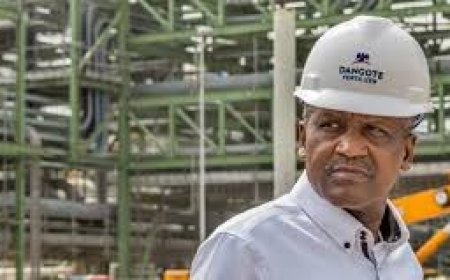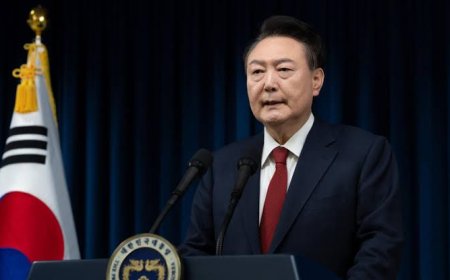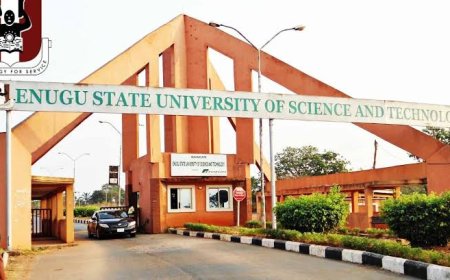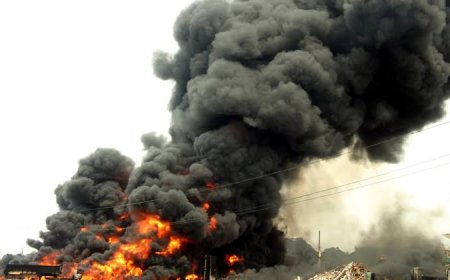Infrastructural Renewal, an Imperative Task for the New Vice Chancellor, University of Nigeria Nsukka, UNN
The University of Nigeria, Nsukka (UNN), as the oldest indigenous university in the country and a bastion of academic excellence, has long been a symbol of intellectual rigor, cultural pride, and national development.
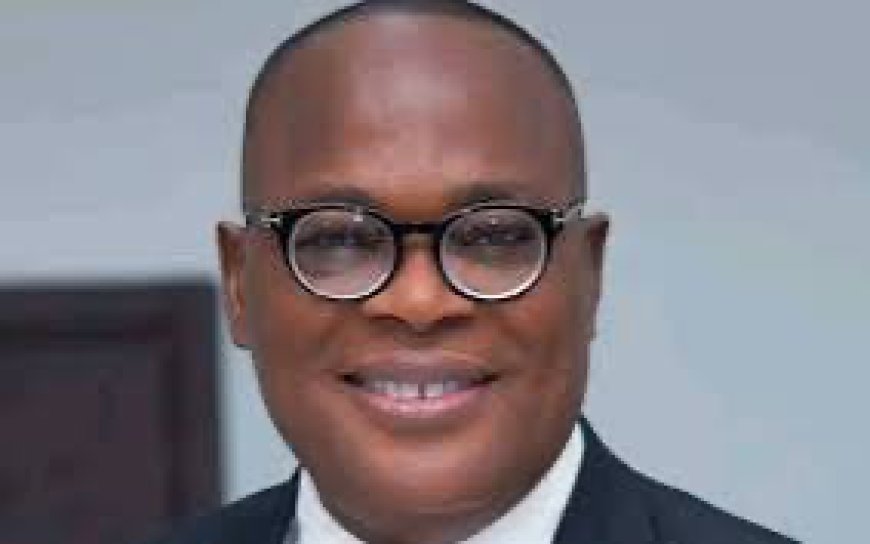
By Frank Agbedo
As the university welcomes the new Vice Chancellor, Prof. Simon Ortuanya, a thoroughbred academic and an outstanding symbol of excellence in public service, and who coincidentally happens to be sworn in as the first Nsukka indigenous Vice Chancellor, the imperative for infrastructural renewal must be placed at the forefront of his administration’s agenda. This task transcends mere cosmetic refurbishment; it is a strategic and visionary undertaking that will redefine UNN’s identity, restore its lost glory, and reassert its position as a leading center of learning in Nigeria and beyond.
Infrastructure is the backbone of any educational institution as it provides the physical framework within which teaching, learning, research, and community engagement occur and concur.The state of a university’s infrastructure directly influences the quality of education it offers, the morale of its staff and students, and its ability to attract and retain talent.
At UNN, the visible signs of infrastructural decay, at it’s two campuses—crumbling lecture halls, inadequate laboratory spaces, overcrowded and unsafe hostels, and poorly maintained landscapes—have become a source of embarrassment and a barrier to academic and social vibrancy.
Provision of modern, well-equipped facilities will enable cutting-edge research, foster interdisciplinary collaboration, and enhance the overall student experience. Furthermore, a rejuvenated campus will serve as a powerful symbol of the university’s commitment to excellence and its readiness to meet the challenges of the 21st century.
The ethos of UNN is deeply rooted in the restoration of the dignity of man. This principle calls for an education that uplifts individuals, empowers communities, and contributes to national development.
The physical environment of the university should reflect a tangible manifestation of this mantra. When students and staff inhabit spaces that are safe, inspiring, and well-maintained, they are more likely to feel valued and motivated. Conversely, a neglected environment can breed apathy, diminish self-worth, and stifle potential.
Infrastructural renewal, therefore, is a moral imperative. It is an act of respect for the human spirit and a reaffirmation of the university’s foundational values. By prioritizing the refurbishment and modernization of its physical assets, UNN can create a campus that not only supports academic pursuits but also nurtures the holistic development of its community members.
Addressing the infrastructural decay besetting the University requires comprehensive and sustainable strategies such as; 1. Conducting a thorough and comprehensive audit of existing facilities to identify critical areas for intervention and to develop a phased renewal plan aligned with the university’s strategic goals, 2. Mobilization of adequate resources which would involve leveraging on government funding, alumni contributions, private sector partnerships, and international grants to finance infrastructural projects, 3. Embracing modern architectural principles that prioritize sustainability, energy efficiency, and adaptability to future needs, 4. A well curated Stakeholder engagement, involving students, staff, alumni, and the broader community in the planning and implementation process to foster ownership and ensure that the renewed infrastructure meets diverse needs and 5.Establishing a robust maintenance culture and systems to preserve the quality and functionality of facilities over time, preventing future decay.
Finally, the famous University of Nigeria, Nsukka, presently stands at a crossroads. Its rich legacy and enduring ethos demand a bold and decisive response to the infrastructural challenges that threaten its relevance and reputation. The new Vice Chancellor has the unique opportunity—and indeed the solemn responsibility—to spearhead a transformative renewal that will revitalize the campus, inspire its community, and restore its rightful place as a beacon of knowledge and human dignity.
Infrastructural renewal is therefore not merely a task but a clarion call to reimagine and reconstruct the physical and symbolic heart of UNN. By answering this call with vision, commitment, and strategic action, the university can once again shine as a proud emblem of indigenous excellence and a true custodian of the dignity of man.
Chief Agbedo, a Lawyer and an alumnus of UNN, writes from Lagos, Nigeria.
What's Your Reaction?








